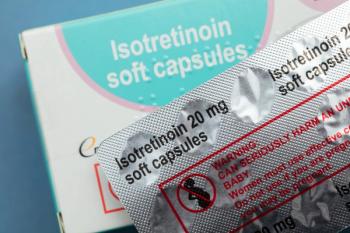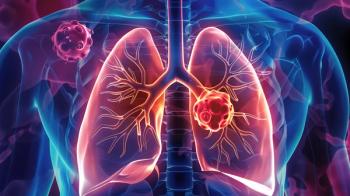
Antioxidant Supplements Do Not Improve Male Fertility
Antioxidant supplements do not improve fertility among men, pregnancy, or live birth rates, a study found.
Antioxidant supplements were not found to significantly improve fertility among men or improve pregnancy and live birth rates, according to a new study published in Fertility and Sterility.
The study authors found no statistically significant difference in sperm concentration, mobility, shape, and DNA quality between the placebo and antioxidant groups after 3 months. Additionally, live birth rates did not differ at 6 months between the antioxidant (15%) and placebo (24%) groups.
Antioxidant supplements are commercially available to help treat male infertility, but research on its effects on semen quality and rates of pregnancy and live birth are limited. The new study reports on results from the Males, Antioxidants, and Infertility Trial (MOXI), a double-blind, randomized, placebo-controlled clinical study conducted at 9 sites across the United States.
The study enrolled 171 couples in which the male partner had at least 1 abnormal reading on an analysis evaluating sperm concentration, mobility, shape, and DNA quality. The female partners had normal fertility test results, whereas men received a placebo or an antioxidant supplement containing vitamins C, E, and D, selenium, l-carnitine, zinc, folic acid, and lycopene for at least 3 months and up to 6 months.
The authors noted that per the study design, recruitment was stopped before it reached the desired number of participants because no benefits were seen in the antioxidant group. Therefore, the authors only had enough participants to evaluate statistical differences in semen quality but not in pregnancy and live birth rates.
According to the press release, MOXI is the largest randomized, placebo-controlled trial to examine the effects of antioxidants, without additional assisted reproductive technology, on male infertility.
Reference
- Media Advisory: Antioxidant supplements do not improve male fertility, NIH study suggests [news release]. NIH website. Published February 28, 2020. https://www.nichd.nih.gov/newsroom/news/022820-male-infertility. Accessed March 3, 2020.
Newsletter
Stay informed on drug updates, treatment guidelines, and pharmacy practice trends—subscribe to Pharmacy Times for weekly clinical insights.







































